If you’re an electrician or DIY enthusiast, are you curious about how much electricity a 20-amp breaker can handle?
You may think that, because a circuit breaker is rated at 20 amps, it should be able to handle up to 20 amps of electrical current. However, things aren’t quite so simple!
In this post we’ll demystify the capabilities and power capacities of your typical residential circuit breakers. We’ll cover ways in which electricians calculate the total wattage and discuss different types of breakers available today.
Whether you’re looking for guidance on wiring safety and precautions or just want to get informed – let’s dive into all there is to know about 20 amp breakers together!
What are Breakers?
This makes sure your home is safe and there won’t be any electrical fires. There are two types of breakers: single-pole and double-pole breakers.
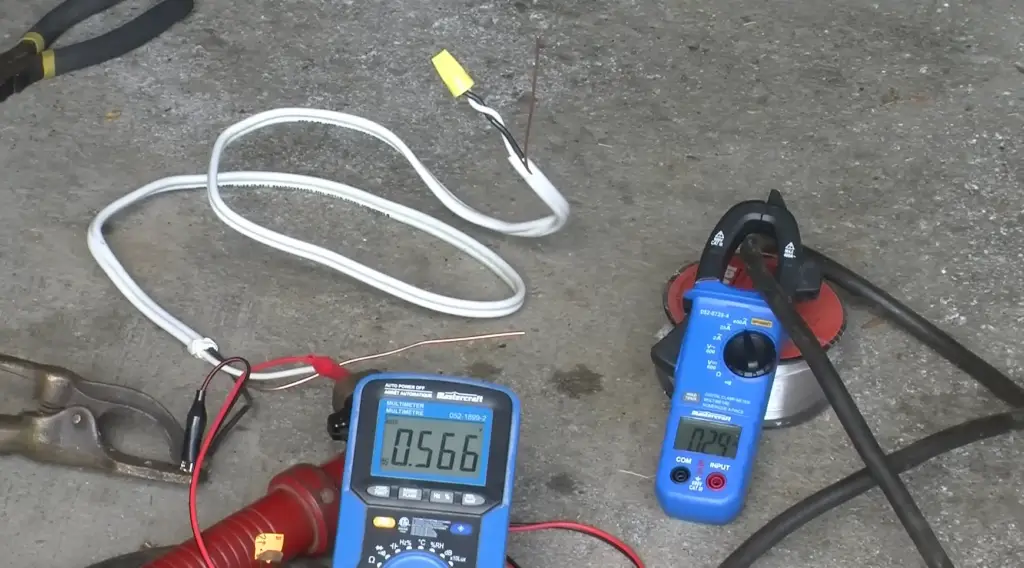
Types of Breakers
Single-pole Breakers
Single-pole breakers are the most common and are used for both 120-volt and 240-volt circuits.
They have one hot wire and one neutral wire connected to them. Single-pole breakers come in various amperage ratings from 15 amps up to 50 amps.
Double-pole Breakers
Double-pole breakers require two hot wires and are used for 240-volt circuits. They come in amperage ratings of 15 amps up to 200 amps.
GFCI Breakers
GFCI breakers help keep you safe. They stop electrical shocks and fires from happening. GFCI breakers come in different sizes and can be one or two poles with either 15 or 20 amp ratings.
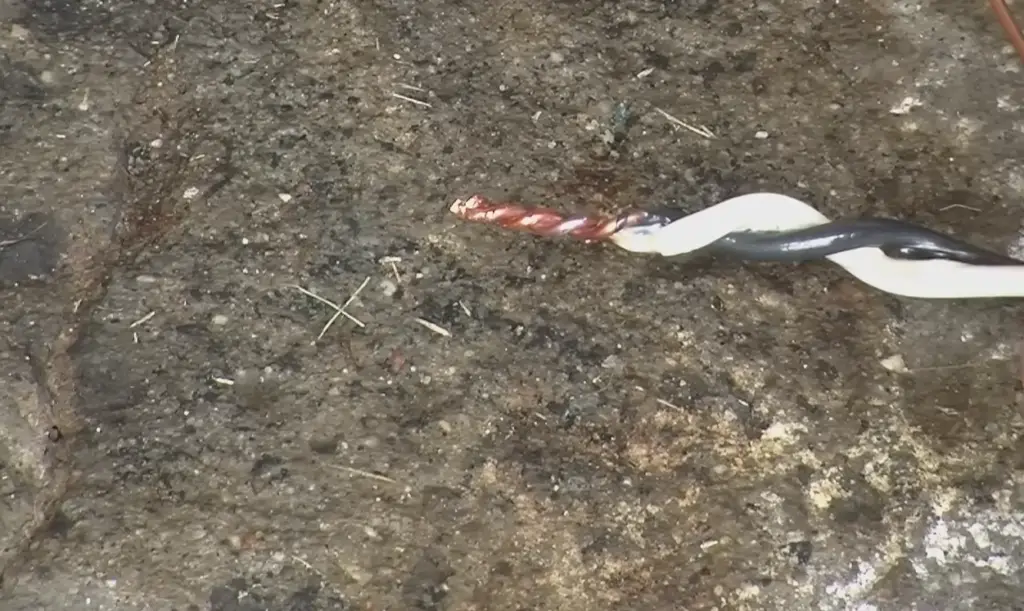
AFCI Breakers
AFCI breakers help stop arc faults. They also come in one- or two-pole varieties with either 15 or 20 amp ratings. [1]
How Many Watts Can a 20-Amp Breaker Handle?
Now that you know about the types of breakers and their usage, let’s dive into how many watts a 20-amp breaker can handle.
The answer to this question is not as simple as it may seem. In order to accurately determine how much wattage a 20-amp breaker can accommodate, you must calculate the total wattage or power of the circuit.
You can figure out how much power a circuit has by multiplying the voltage (in volts) and current (in amps).
For instance, if there is 120 volts with 20 amps, then the total wattage is 2,400 watts. This means that a 20-amp breaker can handle up to 2,400 watts of power.
You should not put more than 2,400 watts of electricity through a 20-amp breaker. It could cause the circuit to get too full and start a fire. If this happens, you need to switch the breaker to one that can handle more electricity.
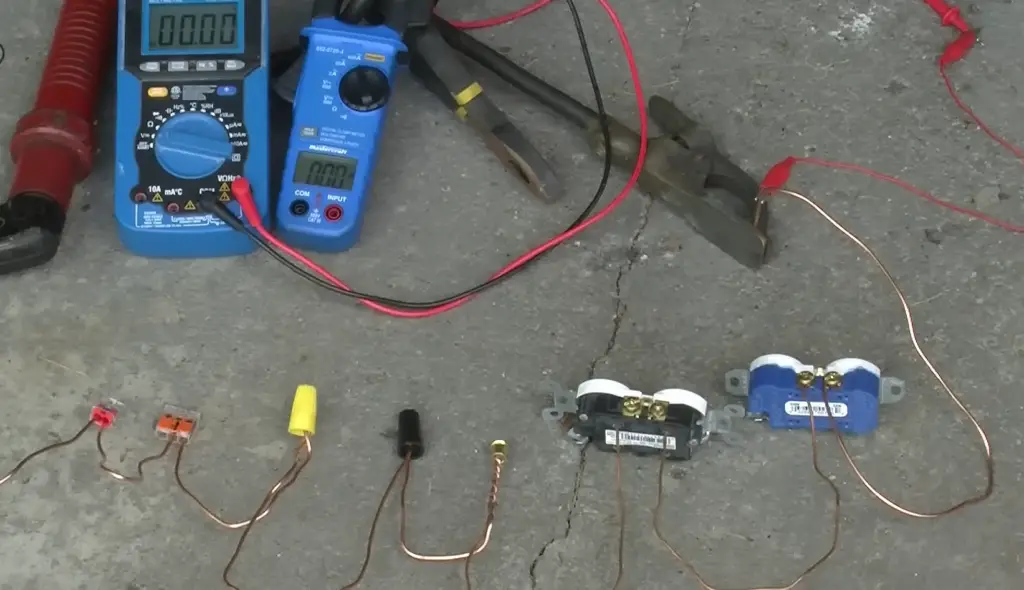
How to Calculate Circuit Load Demand?
It’s important to know the circuit load demand when installing a new breaker. This is because you need to make sure that your breaker can handle the amount of electricity needed for all devices connected to it. To calculate this, you must find out how many watts each device uses.
Look at labels or the manual of your appliances to find out how many watts they use. Add up all the watts to get the total wattage of your circuit. This will tell you how much electricity the breaker needs to handle and if it can do it.
A Sample Circuit Calculation
To give you an idea of how to calculate your circuit, let’s do a sample calculation. We’ll use the following example: You have six light bulbs and one outlet on a 120-volt circuit protected by a 20-amp breaker.
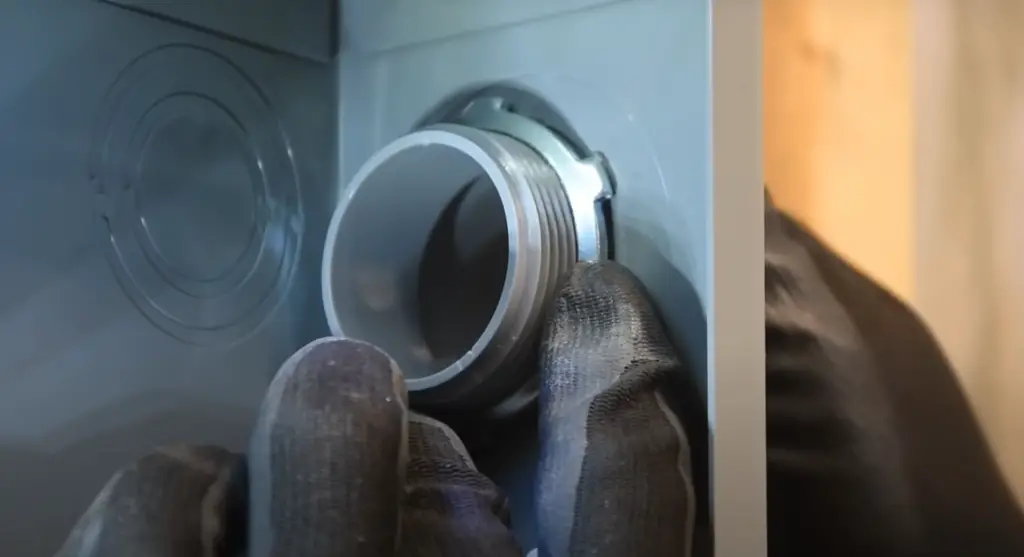
Each light bulb is 60 watts, while the outlet is rated at 15 watts. To get the total wattage of this circuit, add up all the watts together. 60 watts x 6 bulbs = 360 watts + 15 watts from outlet = 375 watts.
The total wattage for this circuit is 375 Watts. Since this is under the 2,400-watt limit for a 20-amp breaker, it is the correct size.
Dedicated Appliance Circuits
Some appliances, such as refrigerators and microwaves, require a dedicated circuit. This means that the appliance will be connected to its own breaker in your electrical panel and nothing else should be on that circuit.
You need to get the right size breaker for your appliances. Look at the manual or labels on the appliance to find out how many watts or amps it needs. This will help you pick what size breaker you need for that special circuit. [2]
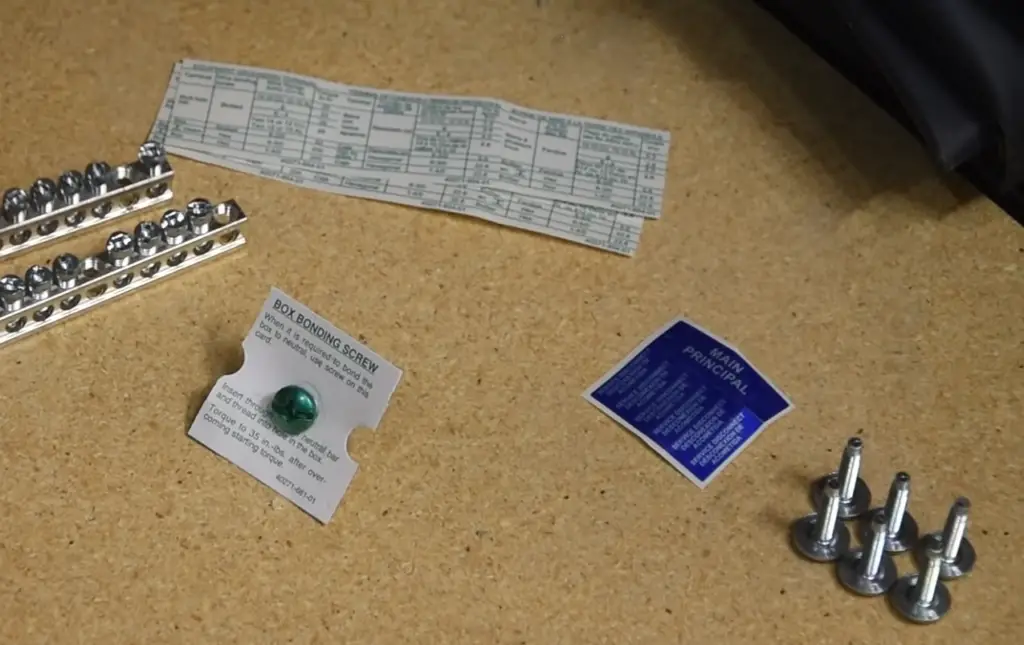
Safety Precautions for Wiring
Before you start wiring, it is important to be safe. Check the wattage of your circuit and make sure it matches the type of breaker you need. Also check that the breaker can handle the wattage.
Make sure to always use a tester when working with electricity. This will help make sure your wiring is done correctly and can prevent fires from happening. Always turn off the power before starting any electrical projects as well.
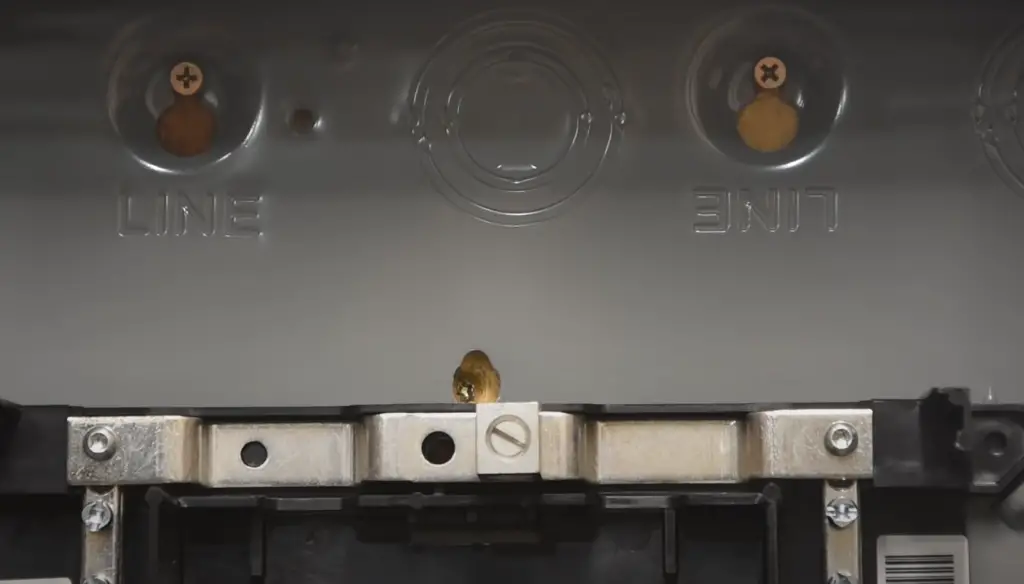
FAQ
Can I run 3000 watts on a 20 amp circuit?
What size breaker do I need for 5000 watts?
You will need a 30-amp breaker if you have 5,000 watts of electricity. Make sure to check the labels or manual of your appliances to determine how much electricity they use before installing a new breaker.
What is the difference between amps and watts?
Amps measure the rate at which electric current flows through a circuit. Watts measure the total amount of energy that is being used in a circuit.
To determine the watts you need, multiply volts and amps together. So if there is 120 volts with 20 amps, then the total wattage is 2,400 watts.
Can you run 2000 watts from a 20 amp breaker?
Yes, you can run up to 2,400 watts on a 20-amp breaker. Make sure that the wiring is done correctly and that all devices connected to the circuit are rated for the right wattage. If not, it could overload your circuit and start a fire.
How many watts is a 20 amp 220v breaker?
A 20-amp 220v breaker can handle up to 4,400 watts. Make sure to check the labels or manual of your appliances to determine how much electricity they use before installing a new breaker.
Will 1800 watts trip a breaker?
It depends. If the breaker is rated for 2,400 watts or higher, it should be able to handle 1,800 watts without tripping. But if the breaker is only rated for lower wattage than that, then it could trip when too much electricity is drawn from the circuit.
How many loads can a 20 amp breaker take?
It depends on the wattage of each load. A 20-amp breaker can take up to 2,400 watts. If you have ten 120-watt bulbs connected to it, then the total wattage is 1,200 and the breaker should be able to handle that load without tripping.
What else should I be aware of when installing a breaker?
When you install a breaker, make sure that it is the right size for your circuit and that the wiring is done correctly. Also, always wear safety gear and use a tester to make sure everything is wired up properly before turning on the power.
Test all of your connections with the tester before and after turning on the power to make sure there are no shorts or other problems. Finally, always make sure you turn off the power before doing any electrical work.
What can happen if I don’t use the right size breaker?
If you use the wrong size breaker, your circuit could become overloaded and start a fire.
It is important to check the wattage of your circuit and make sure it matches the type of breaker you need. Make sure to always turn off the power before starting any electrical projects as well.
What is the highest wattage breaker I can use?
The highest wattage breaker you can use depends on how many watts your circuit needs. The most common residential breakers are rated for 15, 20, and 30 amps. A 15-amp breaker can handle up to 1,800 watts, a 20-amp breaker can handle up to 2,400 watts, and a 30-amp breaker can handle up to 4,500 watts.
Make sure to check the labels or manual of your appliances to determine how much electricity they use before installing a new breaker.
What should I do if my circuit trips?
If your circuit trips, it means that too much electricity is flowing through the circuit. You need to switch the breaker to one that can handle more electricity if this happens.
Make sure to check the wattage of all appliances and devices connected to the circuit before installing a new breaker.
If you find any appliance or device is rated for higher wattage than the breaker can handle, then you need to upgrade the breaker.
How can I find out the wattage of my device?
Many devices also list their wattage in the specifications section online or on the bottom or back of the device. Knowing this information is important when determining how many watts a breaker can handle.
How do I install a breaker?
If you are comfortable doing electrical work, then you can install a breaker yourself. Before starting, make sure to turn off the power and double check with a tester that there is no current running through the wires.
Then disconnect any devices from the circuit and connect them to the new breaker. Finally, use an appropriate breaker size for the total wattage of the circuit and turn on the power.
How often should I check my breakers?
It is a good idea to inspect your breakers every few months. Make sure there is no corrosion on the screws, that all wires are properly connected, and that any exposed wiring is taped off.
If you find any problems with your breaker, turn off the power and contact an electrician immediately.
How can I tell if my breaker is bad?
If your breaker trips repeatedly or won’t reset, then it likely needs to be replaced. If you notice any signs of damage such as corrosion on the screws or exposed wires, then you should also replace the breaker.
Always turn off the power before inspecting your breakers and contact a professional electrician if you find any signs of damage or malfunction.
Why is it important to use the right size breaker?
It is important to use the right size breaker because using a larger or smaller breaker could cause an overload and potentially start a fire.
Before installing a new breaker, make sure you check the wattage of all appliances connected to the circuit and find a breaker that can handle that amount of electricity. This will help keep your circuit running safely and efficiently.
Does a 20-amp breaker require 12 or 14-gauge wire?
A 20-amp breaker requires 14-gauge wire. Make sure that all wires used for a circuit connected to a 20-amp breaker are rated for at least 14 gauge. This will help prevent any electrical problems, such as an overload or short circuit.
Do I need to use a special breaker for my outdoor circuits?
Yes, you must use a GFCI (ground fault circuit interrupter) breaker for any outdoor circuits. This type of breaker is designed to detect any electrical leaks and shut off the power before it becomes dangerous.
Make sure you consult an electrician if you are unsure which type of breaker to use for your outdoor circuits.
Does a 20-amp breaker use more electricity than other breakers?
No, the wattage capacity of a breaker does not affect how much electricity it uses. The wattage capacity affects how much electricity the breaker can safely handle without overloading or causing any electrical problems.
Do I need a 20-amp breaker for all of my appliances?
No, you do not need to use a 20-amp breaker for all of your appliances. Different types of appliances require different wattage and amperage ratings.
Make sure you check the wattage rating on each device and find an appropriate size breaker for that specific appliance or device. This will help keep your circuits running safely and efficiently.
Does a 20-amp breaker cost more than other breakers?
No, a 20-amp breaker does not necessarily cost more than other types of breakers. The cost of the breaker will depend on the brand and type of circuit breaker you choose.
It is important to select an appropriately sized breaker for your circuit so that it can handle the wattage necessary for your appliances and devices. This will help keep your circuits running safely and efficiently.
Do I need a professional electrician to install a 20-amp breaker?
Yes, it is always best to consult a professional electrician when installing any type of electrical equipment.
An experienced electrician can help you determine the correct size breaker for your circuit and make sure that it is installed correctly. This will help keep your circuits running safely and efficiently.
Does a 20-amp breaker provide more power than other breakers?
No, a 20-amp breaker does not provide more power than other types of breakers. The wattage capacity of the breaker determines how much electricity it can handle safely and efficiently.
It is important to check the wattage rating on all appliances and devices connected to the circuit before installing a new breaker. This will help prevent any electrical problems, such as an overload or short circuit.
Do I need special tools to install a 20-amp breaker?
Yes, you will likely need special tools to install a 20-amp breaker.
An experienced electrician can help you determine the correct size breaker for your circuit and provide the proper tools needed to safely and correctly install it. This will help keep your circuits running safely and efficiently.
Does a 20-amp breaker provide more protection than other breakers?
Yes, a 20-amp breaker can provide more protection than other types of breakers. This is because it is designed to detect any electrical leaks and shut off the power before it becomes dangerous.
Make sure you consult an electrician if you are unsure which type of breaker to use for each circuit. This will help keep your circuits running safely and efficiently.
Which type of breaker should I use for a high-wattage device?
For a high-wattage device, it is best to use a larger breaker such as a 30-amp or even 50-amp.
Which type of breaker is best for an outdoor circuit?
For an outdoor circuit, it is best to use a GFCI or Ground Fault Circuit Interrupter breaker. This type of breaker will detect any electrical leaks and shut off the power before it becomes dangerous.
Can I use a 20-amp breaker for my kitchen appliances?
Yes, you can use a 20-amp breaker for your kitchen appliances, but make sure to check the wattage rating on each device before installing the breaker. This will help prevent any electrical problems, such as an overload or short circuit.
Can I use a 20-amp breaker for my air conditioner?
No, you should not use a 20-amp breaker for your air conditioner. Air conditioners typically require more wattage and amperage than what a 20-amp breaker can provide.
Useful Video: How many lights can you put on one 15 amp or 20 amp breaker.
Conclusion
Ultimately, the answer to how many watts a 20-Amp breaker can handle is not straight forward so it is important to hire an electrician or other qualified professional if you are unsure. Your circuit breaker and wiring must be able to support all of your outlets in order for them to operate safely.
Remember, your breaker can be overloaded and when this happens your appliances may begin to malfunction. If you have any questions or need help troubleshooting appliance malfunctions, call a trained electrician as soon as possible.
It’s also beneficial to check with your local building office to ensure that the circuits and breakers in your home meet safety codes. Utilising these techniques can ensure that any questions about the capacity of a 20-Amp breaker are answered correctly and keep both you and your appliances safe!
References
- https://www.galvinpower.org/how-many-watts-can-a-20-amp-breaker-handle/
- https://www.thespruce.com/calculate-safe-electrical-load-capacities-1152361




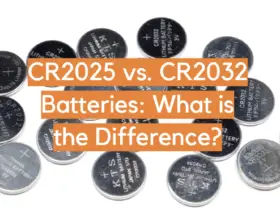
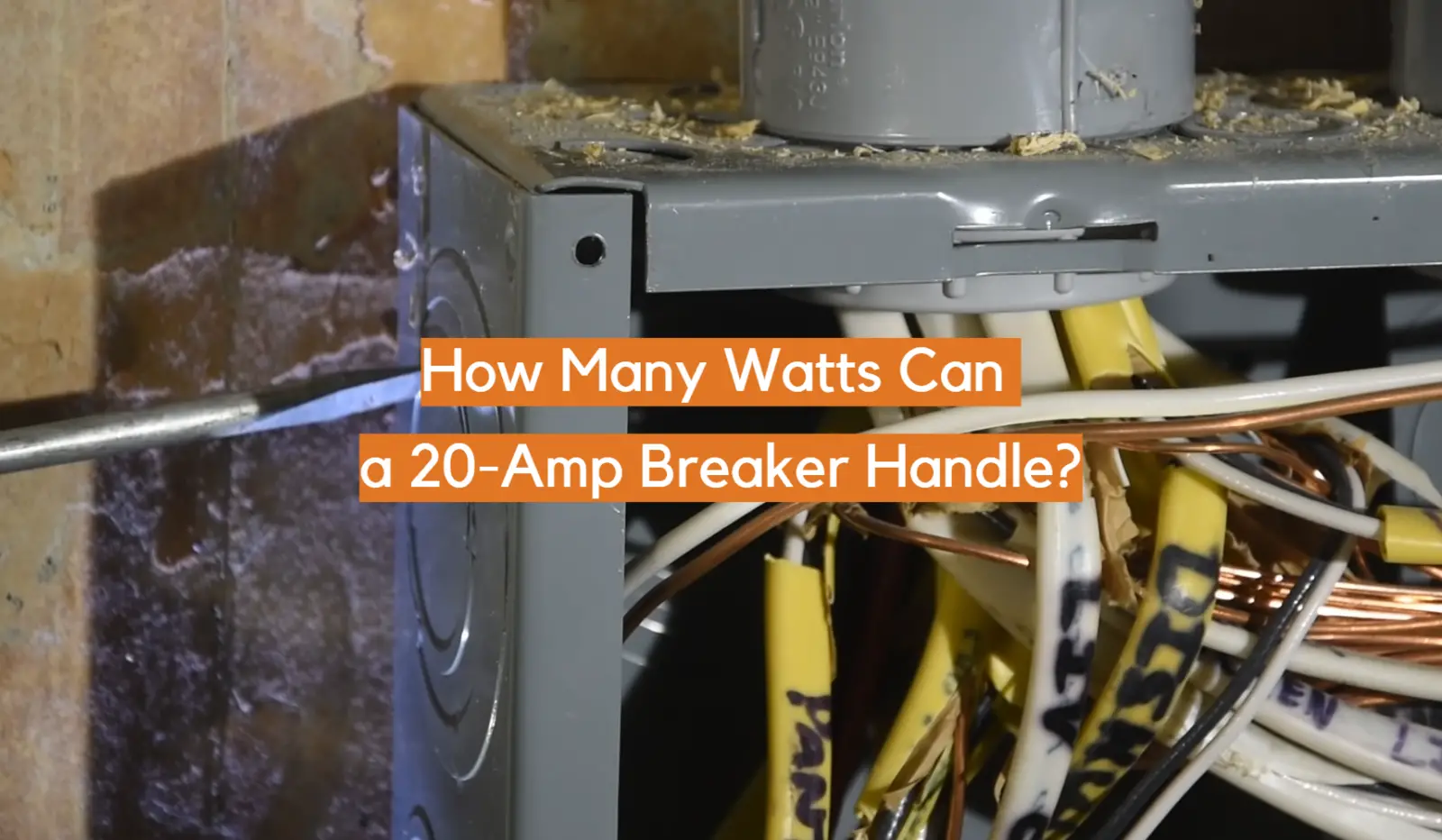
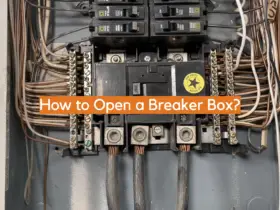



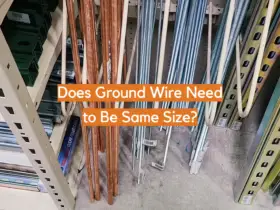
Leave a Reply